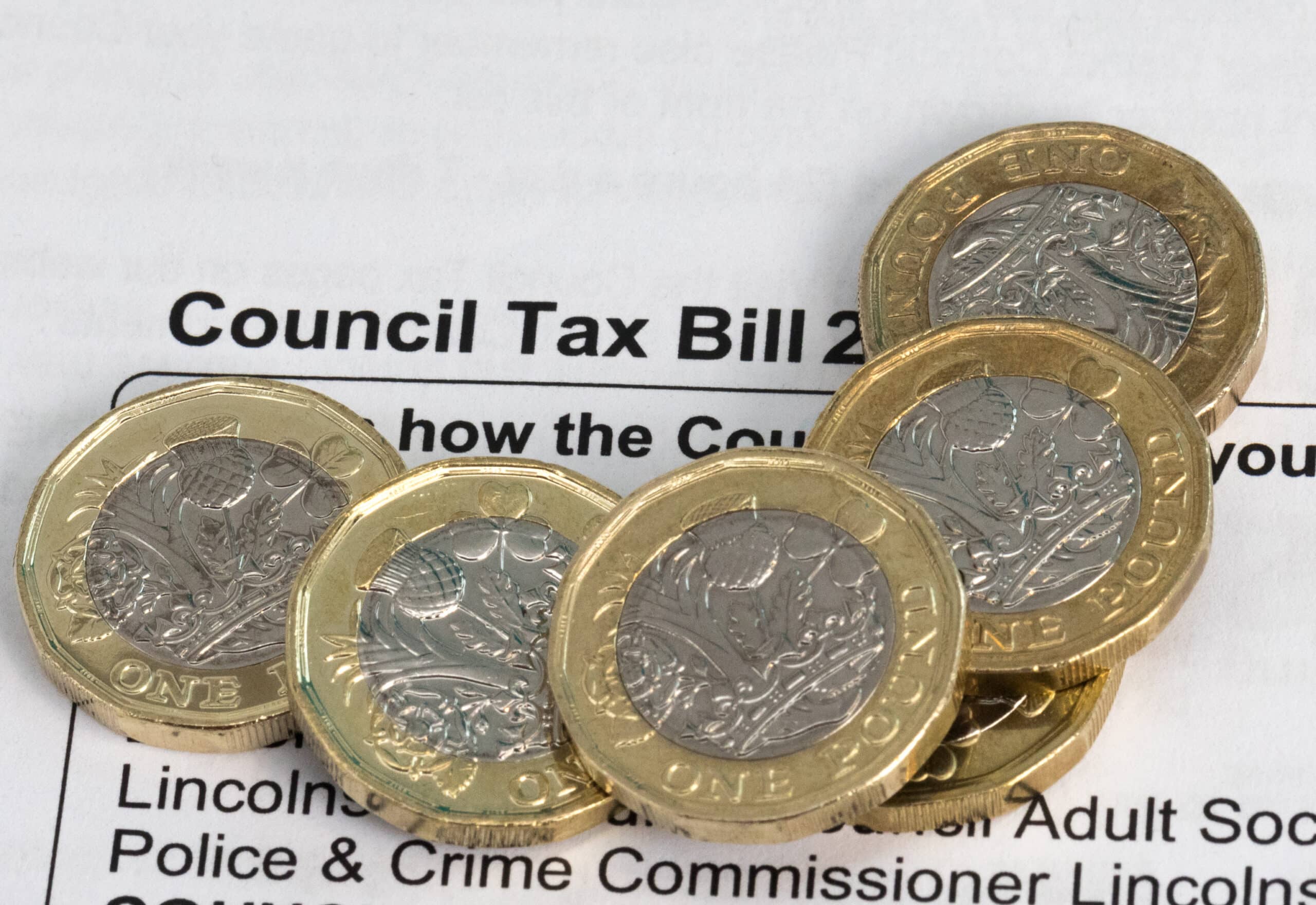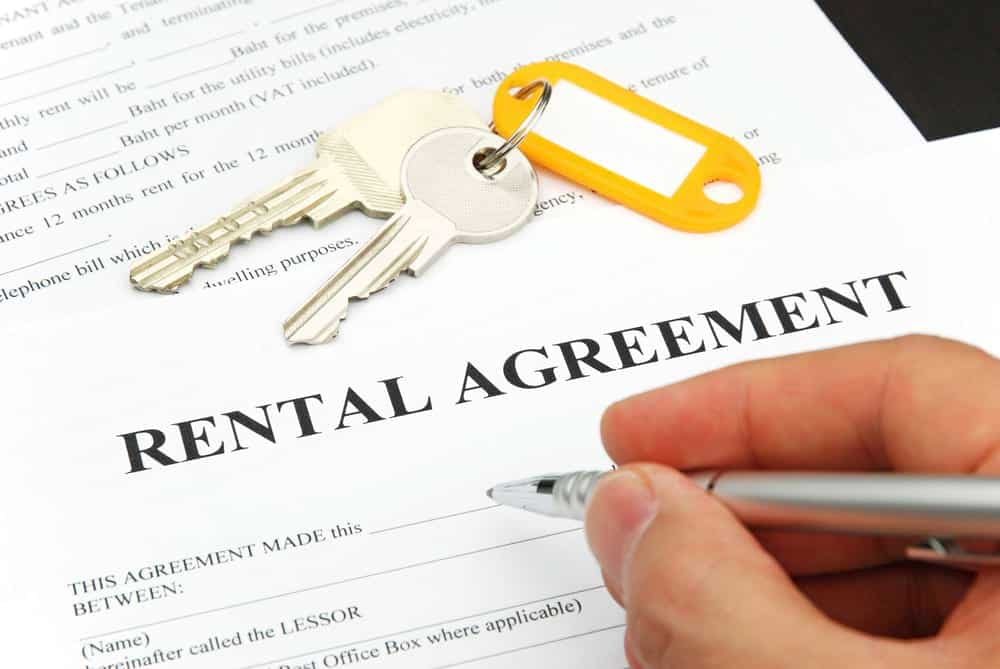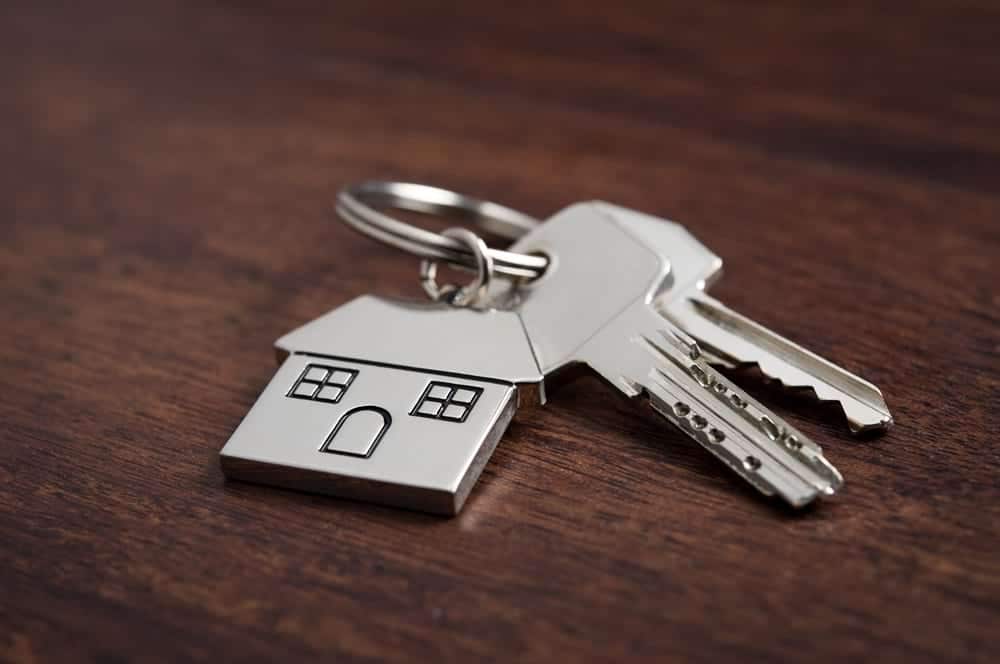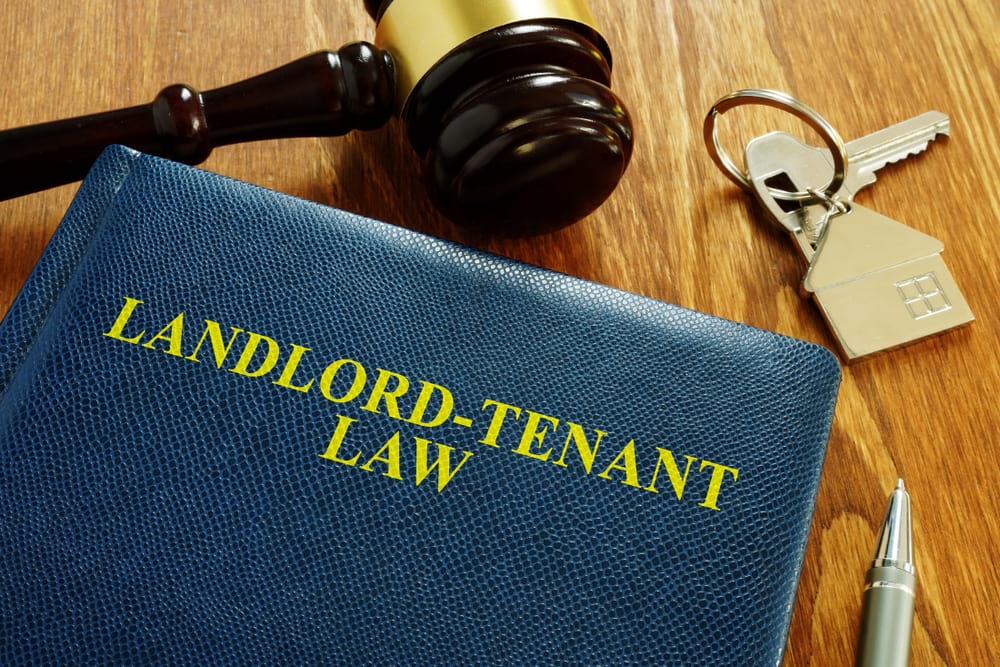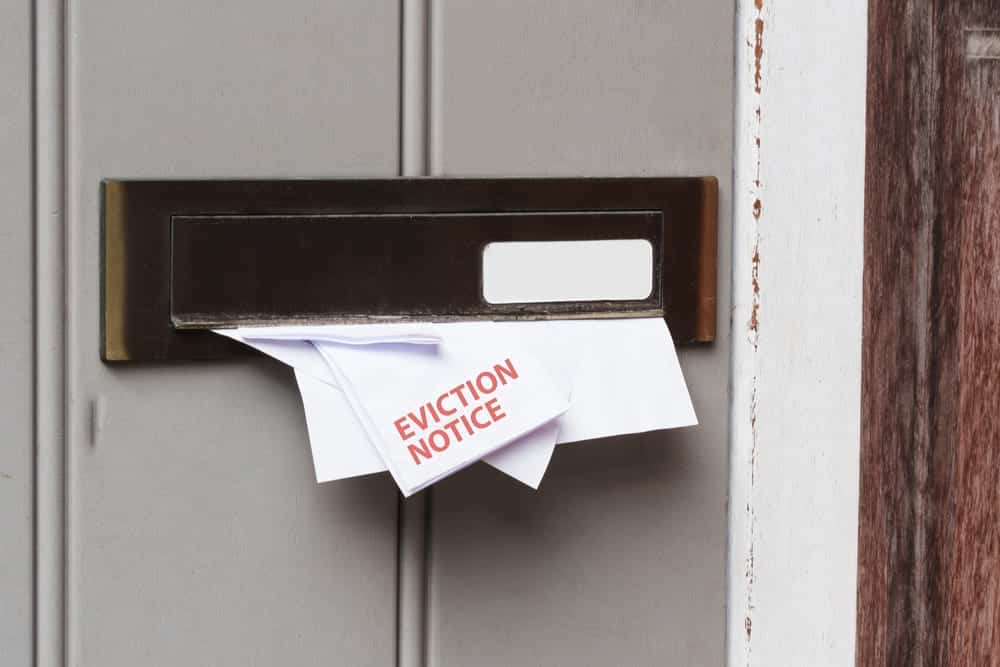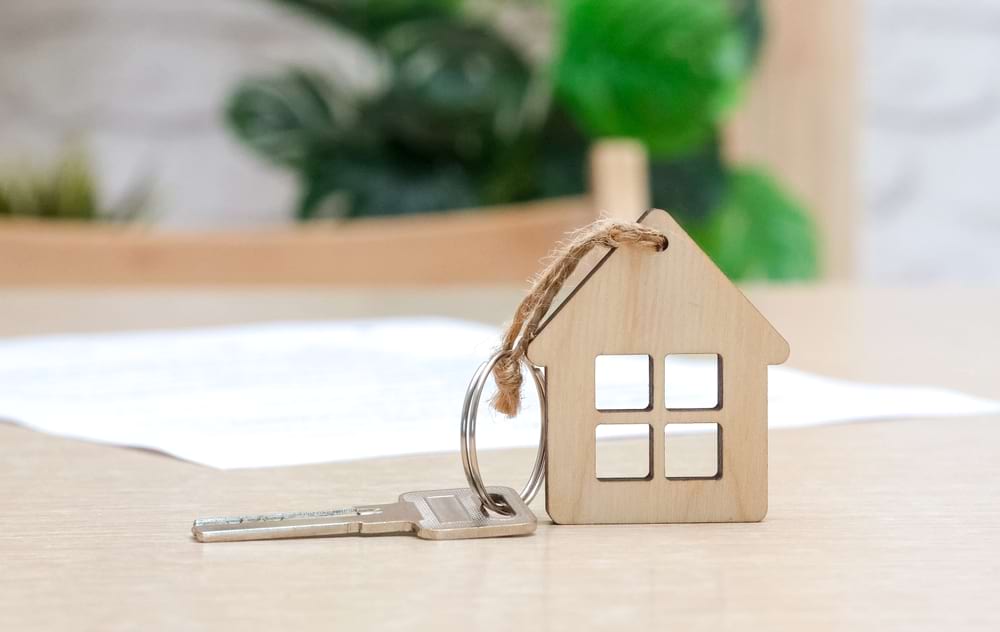As a landlord, it’s important to understand your responsibilities when it comes to council tax.
Whether you’re a seasoned pro or a first-time landlord, knowing what you need to pay and when can be confusing.
This article will help guide you through the ins and outs of council tax in the UK, and answer the key question on every landlord’s mind: do landlords pay council tax?
What is council tax?
Council tax is a tax on domestic properties that is used to fund local public services.
The amount of council tax due varies according to a few factors, including:
- The area
- The property value
- The number of residents in the property
- Whether of not any applicable discounts or exemptions apply.
Are landlords accountable for council tax?
As a general rule, if a property is rented out the tenant will be responsible for the council tax, the landlord will not need to pay it.
However, there are some exceptions to this rule.
If a property is unoccupied
If a property is unoccupied, the landlord may be responsible for paying the council tax.
This could be the case if a property is undergoing repairs, for example. Or if there is no tenant in place.
In some cases, the landlord may be eligible for a discount or exemption on the council tax, but this will depend on the local council and the circumstances of the property.
HMOs
A houses in multiple occupation (HMO) is a property that is rented out to multiple seperate tenants, i.e., who are not part of the same household.
Landlords who run HMOs may be responsible for paying the council tax.
In these cases, the landlord will receive a bill for the council tax and will need to collect the appropriate amount from their tenants.
Why paying council tax matters for landlords
While landlords in the UK may not always be responsible for paying council tax, it’s important to be aware of the rules and requirements to ensure you are fulfilling your obligations as a landlord.
Failure to pay council tax when you are responsible for doing so can result in:
- Legal action
- Fines
- Other penalties.
If you are unsure whether you are responsible for paying the council tax on a particular property, it’s always best to contact your local council for advice.
How much council tax does a landlord pay?
The amount of council tax that a landlord pays in the UK will vary in the exact same way as residential council tax.
Between 2024 – 2025, the average monthly council tax bill in the UK is £2,130 per year.
For comparison, in 2021 – 2022, it was £1,785. So, it rises…
(Remember, properties in higher-value areas or with more bedrooms will typically have a higher council tax bill.)
As mentioned, tenants landlords will only pay council tax on HMO’s or on properties that are unoccupied.
Unlivable properties
If your property is unoccupied due to it being unlivable (or derelict), there are some exemptions available.
However, this doesn’t mean that it needs a new boiler or a lick paint. Unlivable means it’s in dire need of structural repair.
In fact, if you leave your property unoccupied for a prolonged period of time, you may end up even worse off.
Many councils have a surcharge for unfurnished properties that have been empty for a long time. How long, and how big the discount is will depend on the council.
Many councils charge:
- 25% on a property empty for more than two years
- Rising to 100% if more than ten years.
A substantial charge when there is also no rental income. Most councils publish this information on their website.
Can a landlord avoid paying council tax?
In the UK, landlords may be able to avoid paying council tax in certain circumstances.
Students
One way that a landlord may be able to avoid paying council tax is if the property is occupied by students.
Properties that are solely occupied by students are exempt from council tax.
In this case, the tenant would not be responsible for paying the tax and the landlord would not need to pay it either.
Second homes
Another way that a landlord may be able to avoid paying council tax is if the property is classed as a “second home“. In this case, the landlord may be eligible for a discount on their council tax bill.
However, it’s important to note that not all local councils offer this discount, and the rules around what qualifies as a second home can be complex.
